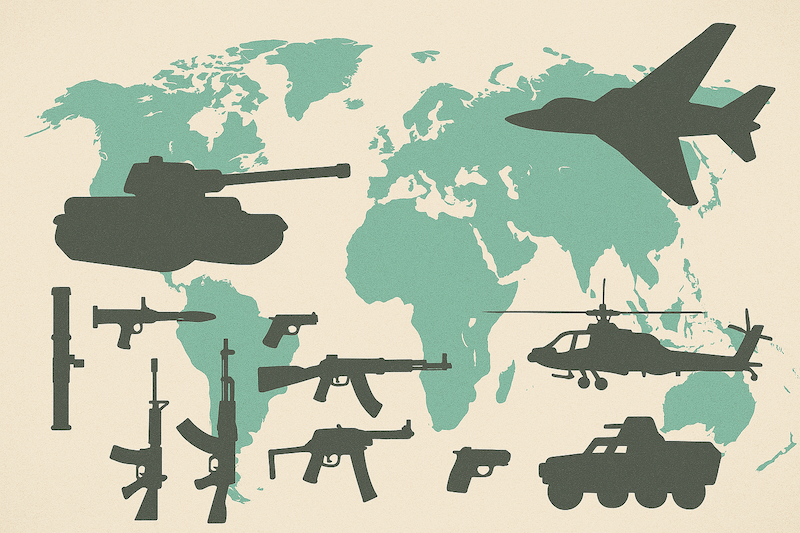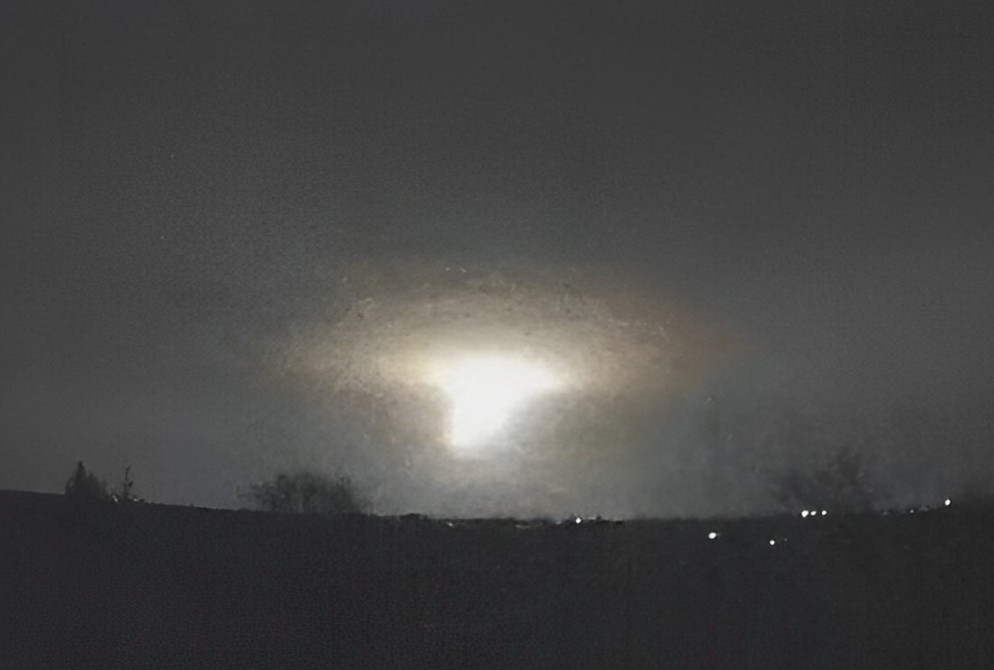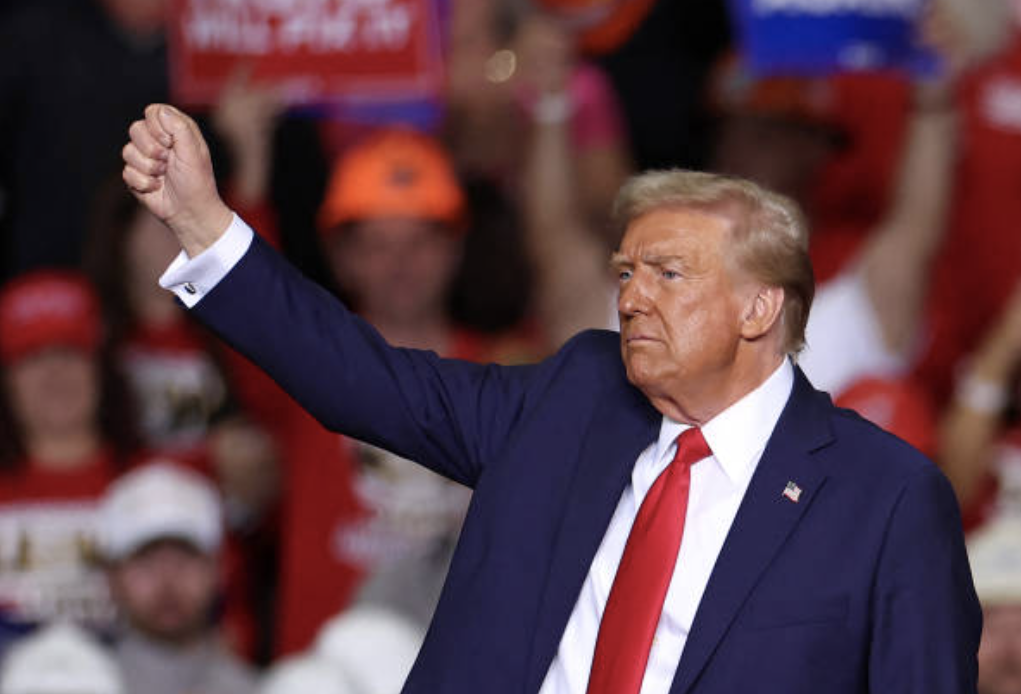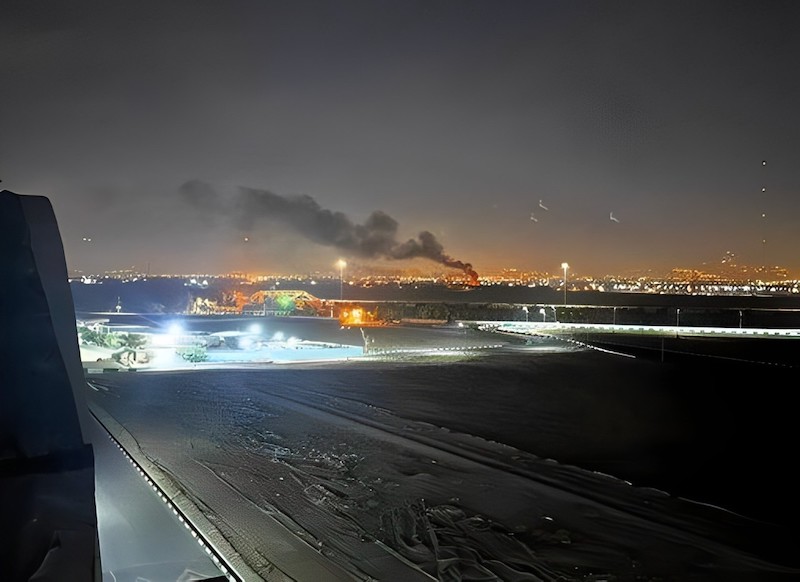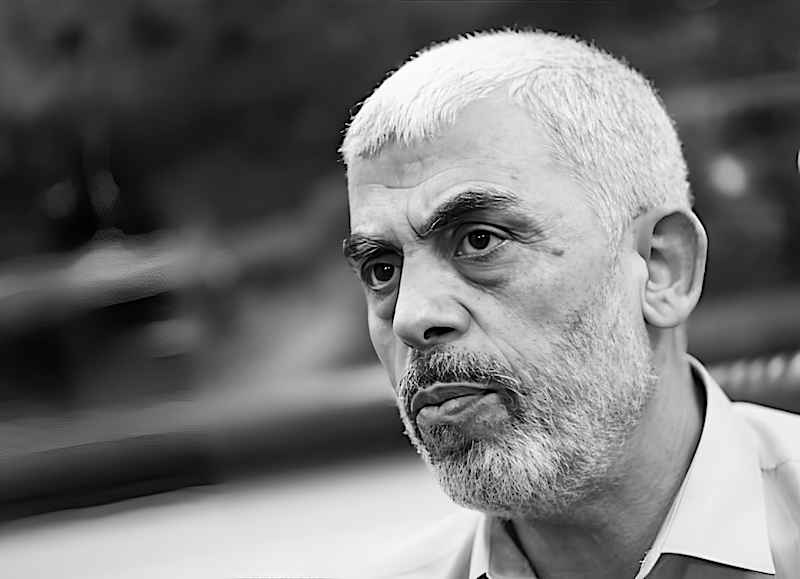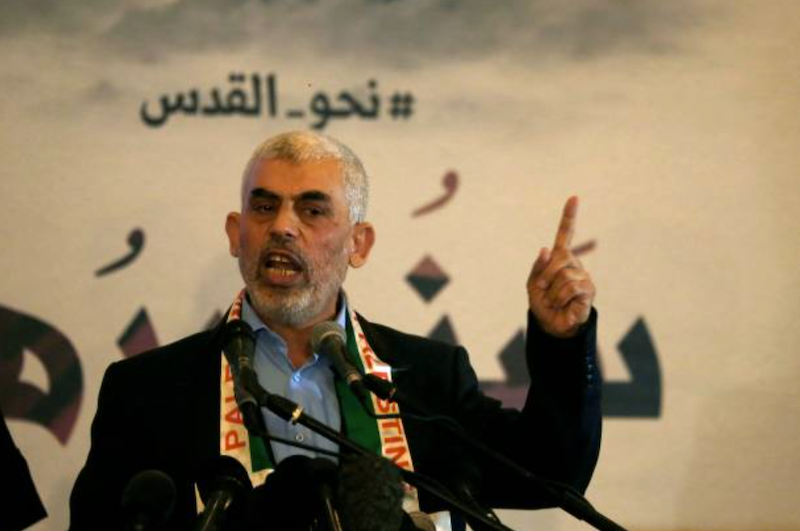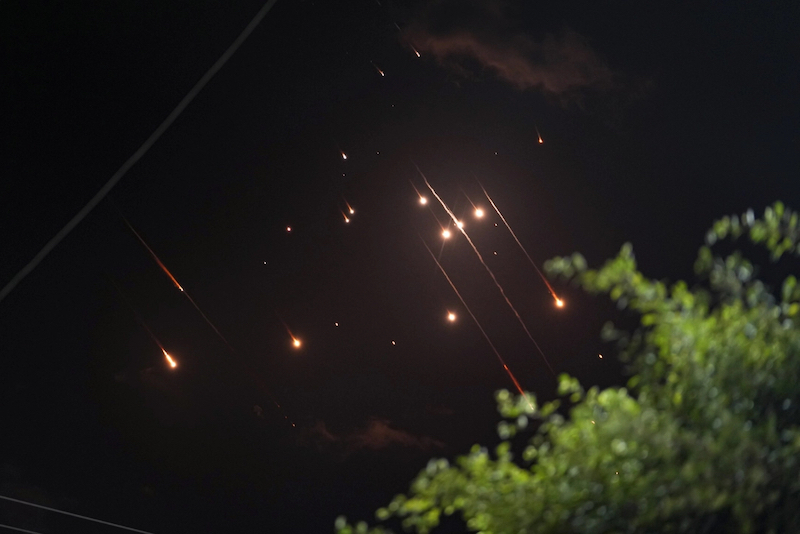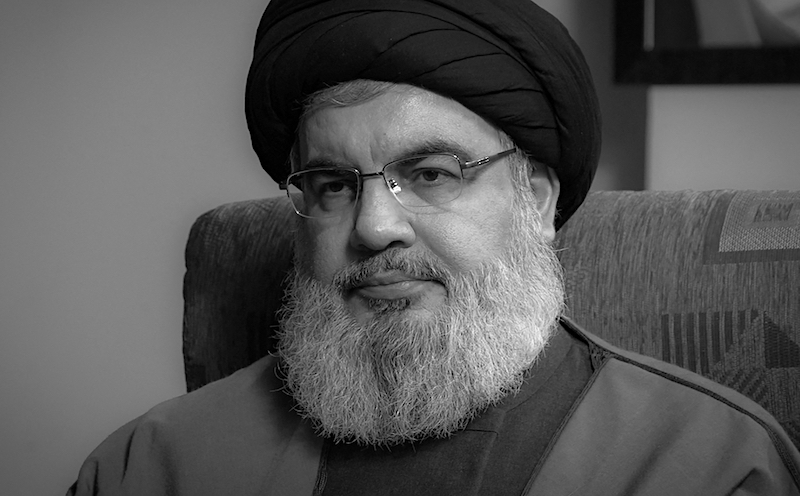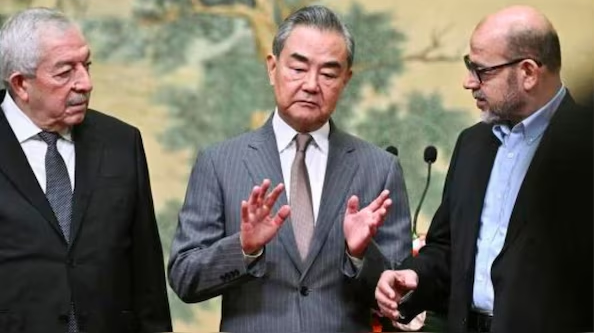 This screenshot of a video shows Mahmoud al-Aloul, vice-chairman of the Central Committee of Fatah (L); Wang Yi, China’s foreign minister (C); and Mousa Abu Marzouk, senior Hamas member; at the Diaoyutai State Guesthouse in Beijing, on July 23, 2024.
This screenshot of a video shows Mahmoud al-Aloul, vice-chairman of the Central Committee of Fatah (L); Wang Yi, China’s foreign minister (C); and Mousa Abu Marzouk, senior Hamas member; at the Diaoyutai State Guesthouse in Beijing, on July 23, 2024.
New Delhi: Several Palestinian factions, including the rival groups Hamas and Fatah, have agreed to form a unified Palestinian government, according to a joint statement released on Tuesday. The China-sponsored accord, known as the “Beijing Declaration on Ending Division and Strengthening Palestinian National Unity”, was signed during a reconciliation dialogue held in the Chinese capital, Beijing, Between July 21 and July 23.
According to a Chinese TV network CGTN post on Weibo, China’s most popular social media platform, representatives from Fatah, Hamas, and 12 other factions met with the Chinese foreign minister, Wang Yi, in the talks that started on Sunday.
Representatives from ??14 Palestinian factions met in ??China and signed the Beijing Declaration after reconciliation talks. pic.twitter.com/iNOywu21dn
— Li Jingjing 李菁菁 (@Jingjing_Li) July 23, 2024
The agreement, signed at the closing ceremony, aims to address the long-standing division within the Palestinian leadership that has complicated governance in the Gaza Strip and the West Bank.
While the declaration provides broad outlines for cooperation, it lacks specific details on the formation and structure of the proposed government. Both Hamas and Fatah have described the accord as an initial step towards full reconciliation and pledged to build upon the previous peace agreements signed in 2011 and 2022.
However, scepticism remains high given the failure of past similar initiatives. The deep-rooted enmity between the factions and western opposition to Hamas’s involvement in governance pose significant challenges to its implementation.
No timetable has been set for putting the agreement into effect.
The Beijing talks come amid ongoing efforts by mediators to broker a ceasefire in the nine-month-long conflict between Israel and Hamas in Gaza. A key point of contention is the future governance of the Gaza Strip once the hostilities cease.
Hamas has welcomed the declaration, hailing it as a bulwark against external interference in Palestinian affairs. However, there has been no immediate comment from the Fatah-led Palestinian Authority in the West Bank.
Both Israel and the United States have rejected the pact. Most western nations have consistently refused to recognize any Palestinian government that includes Hamas unless it explicitly acknowledges Israel’s right to exist as a Jewish state. This stance has been a major stumbling block in previous peace attempts.
Israel’s foreign minister, Israel Katz, said on X that the Palestinian State president, Mahmoud Abbas, had embraced the “murderers and rapists of Hamas” instead of “rejecting terrorism”, adding, “In reality, this won’t happen because Hamas’s rule will be crushed, and Abbas will be watching Gaza from afar.”
He then stressed that Israel’s security will remain “solely in Israel’s hands”.
Hamas and Fatah signed an agreement in China for joint control of Gaza after the war. Instead of rejecting terrorism, Mahmoud Abbas embraces the murderers and rapists of Hamas, revealing his true face. In reality, this won’t happen because Hamas's rule will be crushed, and Abbas… pic.twitter.com/JZMqeMqH5J
— ישראל כ”ץ Israel Katz (@Israel_katz) July 23, 2024
The Palestinian Authority, which recognizes Israel and operates within the framework of the 1990s Oslo Accords, currently administers parts of the occupied West Bank. In contrast, Hamas, which has governed Gaza for 17 years, has stated it would accept a Palestinian state based on pre-1967 borders but refuses to officially recognize Israel.
Analysts and geopolitical observers commented on various social media platforms that the international community will be closely watching to see if this latest China-brokered attempt at Palestinian reconciliation can overcome the hurdles that have thwarted previous efforts and pave the way for a unified approach to Palestinian governance and peace negotiations. They also said China’s involvement in the region is now very conspicuous.
They said the “Beijing Declaration” marks a peak in Beijing’s efforts to mediate the Israeli-Palestinian conflict, which will only grow in the times to come

